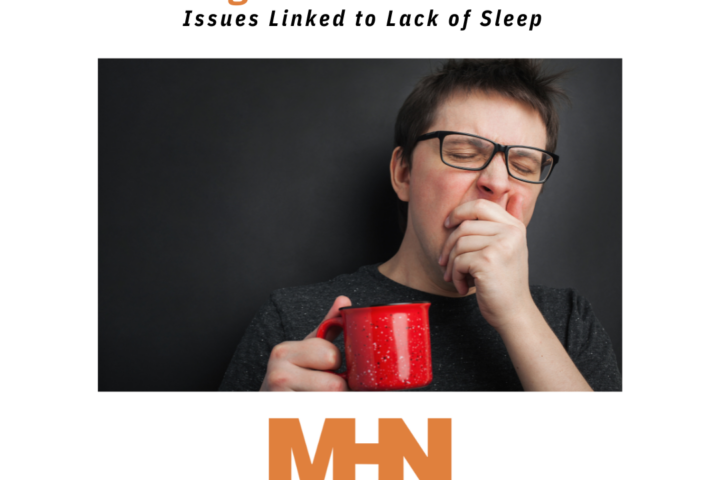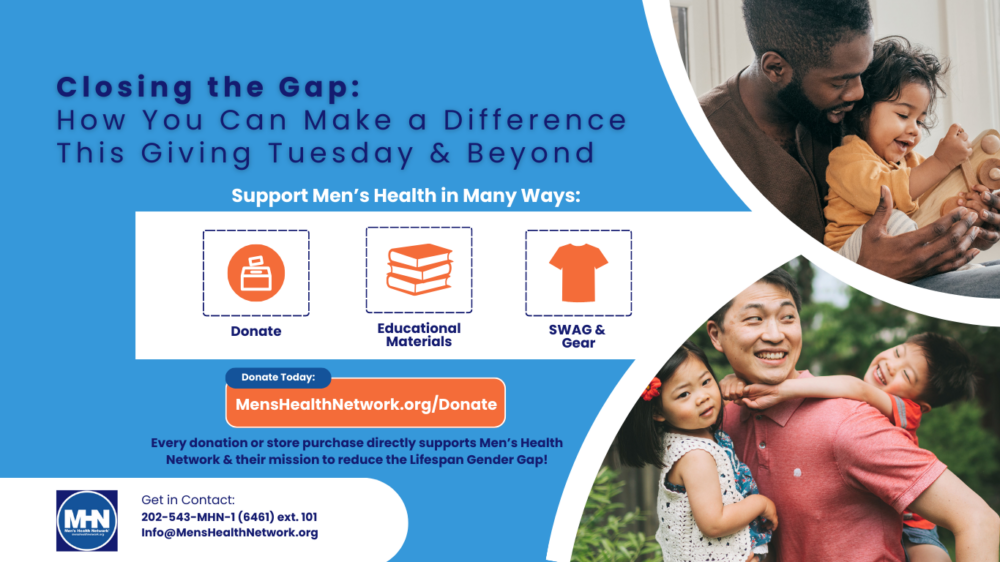For most people with high cholesterol, statin drugs are remarkably successful in reducing it. But if you’re taking a statin and you aren’t seeing the results you expected (or need), there may be another option: an injection of a new class of drug called “PCSK9 inhibitors.” By blocking certain proteins, these drugs enable your body to increase the amount of LDL (that’s the bad cholesterol) it eliminates from your bloodstream.
In a recent study, one of these drugs, alirocumab (manufactured by Regeneron) reduced patients’ LDL by 47%, compared to only 16% for statins. Another drug, which is currently being evaluated by the FDA, when combined with a statin, reduced LDL by a whopping 70%.
The only downside is that you’ll need injections every two weeks. But, again, if you’re taking a statin and aren’t seeing any results, this may be a life saver. Keep in mind, though, that these studies are pretty small—only about 100 participants—but bigger studies are in the works and the results are promising. So keep your eye out.
People stop taking statins for reasons other than lack of cholesterol-reducing results. A study just published in the journal JAMA Ophthalmology found that taking statins can increase the risk of developing cataracts (a clouding of the lens of the eye that leads to vision problems). It’s not a huge increase—9%–but it’s still statistically significant. That said, if you’re taking a statin, do not stop unless advised to by your medical professional. Cataract surgery is pretty routine these days, and many people say that the benefits from statins—lowering cholesterol, which reduces heart attack and stroke risk—are greater than the small increase in cataract risk.



